-
A session focusing on some of the key symptoms of each condition, red flags, diagnosis and onward referral.Sponsored by:
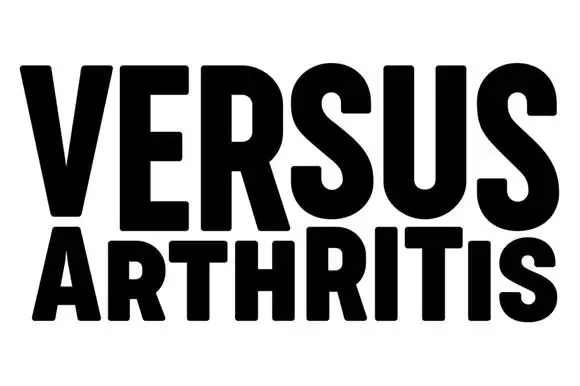
-
This session will provide a guide to optimising lipids within the new QOF contract.Sponsored by:

-
This session will provide a guide to what primary care needs to know about HFpEF.Sponsored by:

-
Sponsored by:

-
Key take-home messages from NICE CKD NG203 updated 2021; Top tips & pitfalls to avoid when interpreting eGFR & UACR; Delaying the progression of CKD; New therapeutic options for CKD & DKD; Management of hyperglycaemia in DKD.
Sponsored by: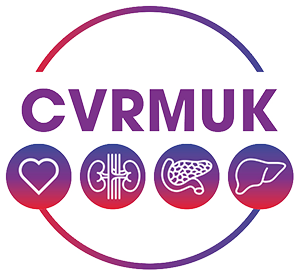
-
This session will highlight the importance of focussing on women in CVD risk and treatment options.Sponsored by:

-
An Overview of Skin Surgery in General Practice from simple to complex: What Can Be performed, by whom, and the training requirements. This presentation will guide GPs to the benefits of diversifying into community surgery, and highlighting what skin surgery procedures can be safely and effectively performed in the community, including the necessary training requirements as the complexity increases.Sponsored by:

-
Everything you wanted to know about Allergy in a nutshell!Sponsored by:
-CMYK-300dpi.jpg)
-
Diagnosis and treatment allergic rhinitis including allergy to pollens and house dust mites, including looking at immunotherapy for these conditions and when to refer to secondary care.Sponsored by:
-CMYK-300dpi.jpg)
-
A guide to categorising urticaria into acute and chronic and managing patients with the condition in an effective manner.Sponsored by:
-CMYK-300dpi.jpg)
-
This presentation focuses on the clinical features of skin cancer and simple dermoscopic features of common benign lesions.
Sponsored by: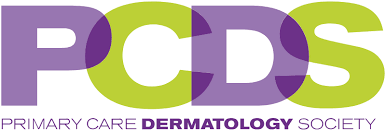
-
Lifestyle advice to prevent gout; Acute treatment of gout; Urate-lowering therapy in gout: options and targets; Gout & CV risk
Sponsored by:
-
What every GP should know about Vasectomies and Carpal Tunnel Syndrome diagnosis and treatment options - This presentation will provide a practical guide for GPs regarding vasectomies and carpal tunnel syndrome, covering indispensable key insights, essential patient counselling points and what information to include in referrals for community surgery.Sponsored by:

-
A whistle stop tour of common hair and scalp problems encountered in primary care. It will hopefully help manage the common disorders with confidence in an evidence based manner.Sponsored by:

-
This presentation focuses on the treatment of different types of psoriasis in Primary Care, management of associated comorbidities, and details when to refer.
Sponsored by:
-
Sponsored by:

-
With significant changes to funding and finance in the last 12 months, we discuss ways in which practices can best manage the available resources to deliver long term financial sustainability.Sponsored by:

-
High volumes of patients are transferred every day between health and care settings. However, their information does not always flow smoothly between those settings, resulting in errors, delays, duplication of tests, and not receiving timely and effective treatment. PRSB's eDischarge Summary Standard and work on Transfers of Care enables hospitals to safely transfer accurate clinical information and coded data to GP surgeries, care homes and community services when a patient is discharged, improving the quality and consistency of care. Dr Nilesh Bharakhada, GP and Executive Clinical Director at PRSB, will showcase the opportunity and update on a pilot project which aims to support the digital transfer of structured information from hospital to General Practice on discharge.Sponsored by:

-
A session focusing on supporting people with MSK conditions to reduce their use of opioids and how to have conversations around the risks/benefits at the start of the treatment pathway.Sponsored by:

-
Learn how to maximise online total triage for your team and your patients and help improve access.Sponsored by:

-
Delegates attending the "ARRS in Practice" presentation will gain an understanding of how ARRS staff in administration and Advanced Roles are being used in practice. They will learn about the practicalities, challenges, and successes of integrating these roles, potentially including specific examples and key considerations for effective implementation.Sponsored by:

-
In this session, we will discuss an innovative approach to patient care that can help you to drive efficiencies and improve capacity and access.Sponsored by:

-
HR Expert Robyn Clark answers your burning HR questions live!Sponsored by:

-
Why is contraception in women over 40 an important topic. Contraception trends and what alters your contraception discussion. What contraception can be taken with Hormone Replacement Therapy (HRT) and when can contraception be stopped.Sponsored by:
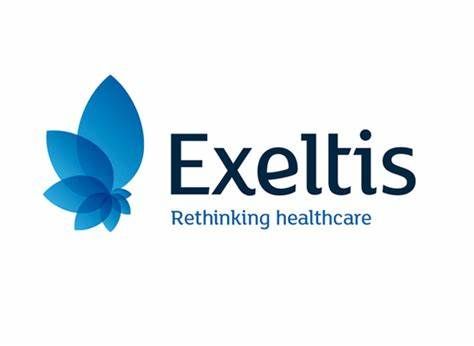
-
With demand for menopause care soaring and no additional funding to meet it, how can GP practices support patients effectively without overwhelming existing resources? This session explores practical, evidence-based strategies to streamline menopause care, reduce appointment pressures, and enhance patient outcomes. Through a real-world case study, we'll illustrate how one practice successfully supported its in-house menopause specialist, shortened consultation times, reduced repeat appointments, and provided essential lifestyle optimisation without increasing costs. This talk is designed for Practice Managers looking for scalable, cost-effective solutions that improve menopause care while protecting valuable GP time.
-
Diabetes 9 Care Processes - what, why and how to improve achievement of Diabetes 9CP in practice.Sponsored by:

-
Sponsored by:

-
An overview of the causes , assessment and simple management of prolapse in Primary care, with tips on how to support women in practice.Sponsored by:

-
This session takes a case based approach to addressing the topic of vulval atrophy and its affects on the wellbeing of women, and how best to manage this to improve quality of life.Sponsored by:

-
A look at common respiratory infections in CYP and how to diagnose and manage effectively.
-
This presentation looks at what is a non-medical prescriber and what role a dietitian can play, and discusses the benefits and barriers to prescribing.Sponsored by:

-
Lyme disease is a bacterial infection, transmitted by the bite of an infected tick. Early diagnosis and treatment provides the best chance of recovery, but symptoms can be non-specific and easily missed at all stages, with potential long term debilitating consequences. This session will provide insight into the wide array of Lyme disease symptoms, that may present in primary care, highlight the key advice within the NICE Lyme Disease Guideline (NG95), present results from a recent UK national survey of patient experiences and include case study to demonstrate the consequences of a delayed diagnosis. LEARNING OUTCOMES At the end of the session participants will be able to: Recognise the signs and symptoms of early and disseminated Lyme disease. Know how to differentiate ‘erythema migrans' rashes from other insect bites or rashes. Understand the importance of early and adequate antibiotic treatment in preventing persistent symptoms. Know where to access up-to-date educational material and guidelines on Lyme disease. More confidently advise on tick bite prevention & correct use of tick removers. Outline the potential role of the nurse practitioner in developing ‘Lyme Awareness' across the primary care team. Have an awareness of the recognised scientific uncertainties and the need for further research.
-
How to undertake a comprehensive asthma review, devise management plans and optimise treatment.
-
A look at the digestive health symptoms associated with menopause, including a review of new insights from a survey of >500 perimenopausal women. This session will help you to understand the potential causes of digestive health issues at perimenopause; what happens to the microbiome as hormones change and determine the management of digestive health issues at perimenopause.
Sponsored by: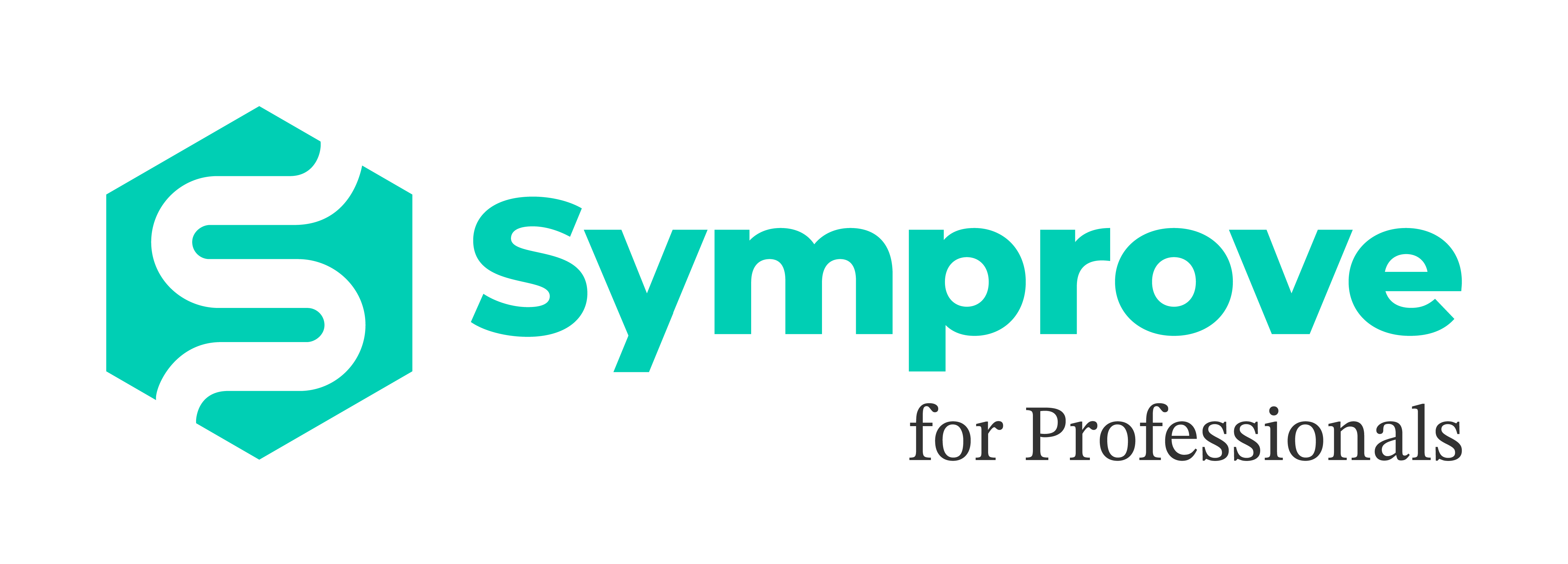
-
Dr Megan Rossi will unravel the complexities of probiotics, drawing on insights from her award-winning PhD, over 15 years of clinical practice, and international probiotic guidelines. She will clarify common myths, address consumer confusion in the supplement aisle, and present the latest scientific evidence on the role of live bacteria in gut health.
-
This presentation seeks to inspire change to support the nutritional health of neurodivergent people. Case studies will be used to showcase how people who felt hopeless about improving their nutritional health were able to implement positive behaviour change and become better nourished.
The session will enable participants to:
1. Have clarity on terminology.
2. Understand what has got us stuck in stale thinking in this field
3. Generate ideas for research, commissioning, service delivery and enhancing NICE guidelines.
4. Gain practical insights to support more compassionate, effective and patient-centred care for neurodivergent people.
Sponsored by: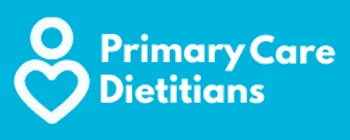
-
A Healthier Future with Plants: Evidence, Protein & Practical Tools for Clinicians This session will explore the evidence supporting plant-predominant diets for chronic disease prevention and management, with practical tips for primary care. We'll highlight findings from key population studies, address common concerns around protein and key nutrients, and provide tools to help clinicians support healthier dietary changes in everyday consultations. Learning Objectives: By the end of the session, attendees will be able to: Summarise key evidence linking plant-based diets with improved health outcomes. Address common questions around protein and nutrients in plant-based eating. Apply practical strategies to support dietary change in clinical practice.
-
Elevated blood cholesterol has a causative role in atherosclerotic cardiovascular disease. Diet is one of the key modifiable risk factors and is emphasised in all national guidelines for cholesterol management. This presentation will provide an overview of the nutrients, foods, and dietary patterns that have been shown to modify blood cholesterol levels. Practical strategies for implementing these dietary recommendations in everyday clinical practice will also be discussed, thereby equipping healthcare professionals with the information to better support patients in managing their blood cholesterol. At the end of the session attendees will have a clear understanding of the nutrients and dietary patterns that impact blood cholesterol; be able to explain to patients the current cholesterol lowering dietary recommendations; and implement these dietary recommendations in clinical practice.Sponsored by:
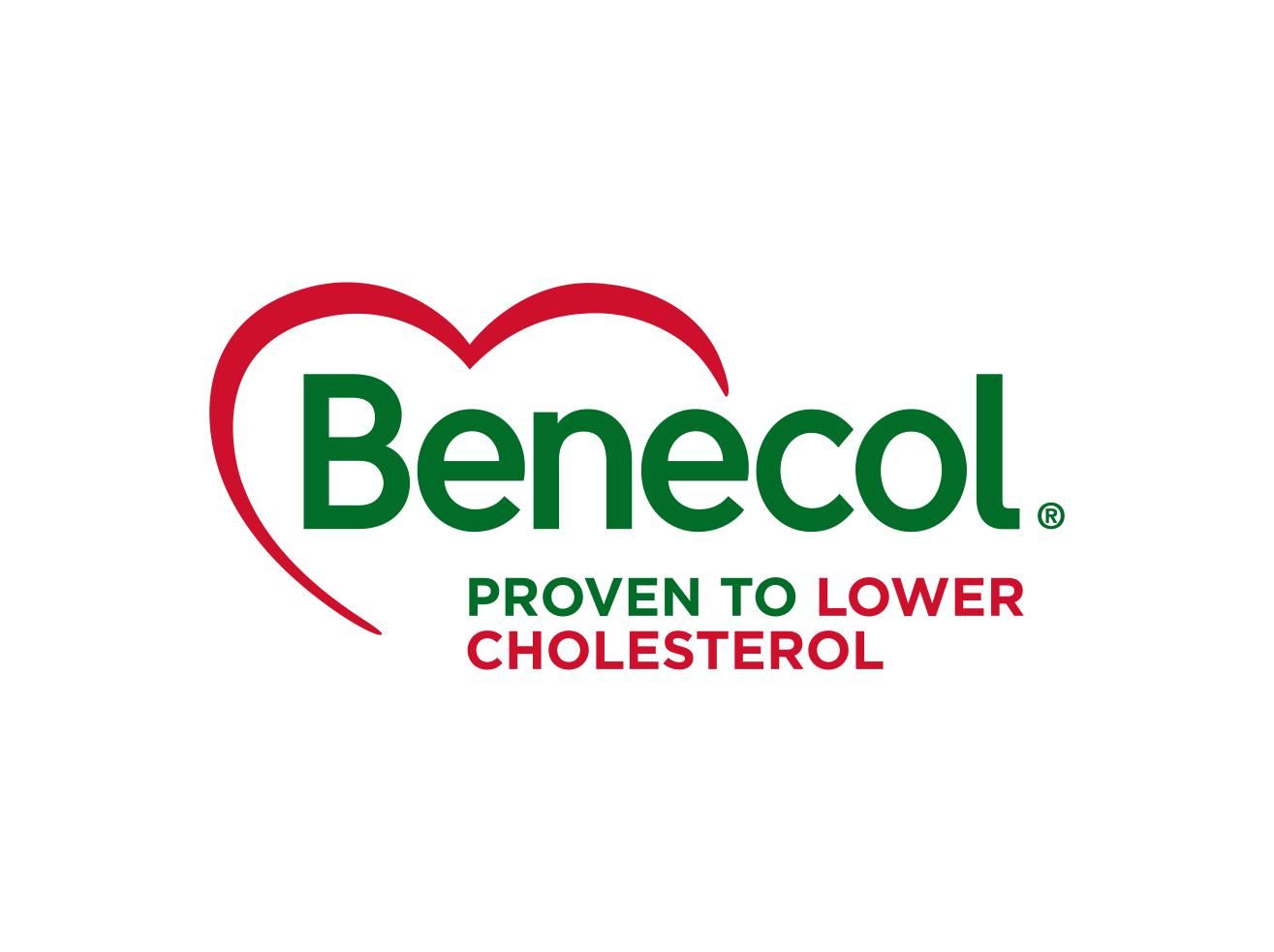
-
Diet is one of the most powerful tools for preventing cardiovascular disease, but emerging research is challenging traditional advice and reshaping our approach. This talk will dive into the latest evidence on heart-healthy eating, from the role of ultra-processed foods and plant-based diets to the impact of specific nutrients like omega-3s, fiber, and fermented foods. We'll explore the science behind precision nutrition, how genetic and metabolic factors influence dietary responses and discuss the latest debates, including saturated fat, dairy, and the evolving role of intermittent fasting. Join me as we separate fact from fiction and uncover how the newest nutritional strategies can be harnessed to optimize heart health and prevent CVD more effectively than ever before.Sponsored by:

-
Recognition of bone and soft tissue tumours and the pathway to follow.Sponsored by:
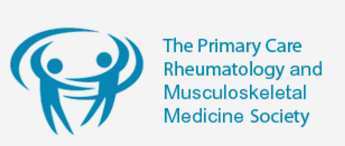
-
An overview of MSCC including signs and symptoms; the importance of early recognition and treatment, medical and therapy management.Sponsored by:

-
Understand recent developments in the management of diabetes and obesity with regards to incretin medications, looking at recent trial and guideline data.Sponsored by:

-
This session explores innovative rehabilitation strategies for managing severe stiffness and pain following total knee replacement (TKR), with a focus on arthrofibrosis. Dr Sara Aspinall, a leading expert in knee arthrofibrosis, and Liz Jacobs, Advanced Physiotherapy Practitioner, will share insights into the causes and impact of post-surgical stiffness, as well as effective treatment approaches. **Learning Outcomes:** - Gain an understanding of the causes, risk factors, and effects of arthrofibrosis post-TKR. - Learn about innovative tools like the STAK device, designed for high-intensity, controlled stretching to reduce stiffness. - Engage in hands-on demonstrations of the STAK device and discuss its practical application. - Review case studies and service evaluation data on the use of the STAK tool in clinical practice. - Collaborate with peers to develop actionable recommendations for improving rehabilitation protocols and patient outcomes.
-
The aim of this session is to equip primary care clinicians with the essential knowledge and skills to effectively identify patellofemoral instability, understand its contributing factors, and determine appropriate management pathways. Attendees will gain a deeper understanding of the clinical reasoning involved in diagnosing and treating this condition, with a particular focus on the role of the multidisciplinary team (MDT) in delivering optimal care. Throughout the session, participants will learn how to assess the various factors that contribute to patellofemoral instability, including anatomical, mechanical, and functional considerations. By the end of the session, clinicians will have a comprehensive understanding of patellofemoral instability, empowering them to provide well-informed, patient-centered care and collaborate effectively with specialists in managing this complex condition.Sponsored by:

-
This session will explore: The types and pathophysiology of SpA Key clinical features, diagnostic challenges, and tools like the SPADE assessment for early detection. Referral pathways and criteria. Evidence-based guidelines ,pathways and management strategies in primary care. Real-life case studies demonstrating the importance of early intervention and multidisciplinary care. Attendees will leave with a clear understanding of how to identify, diagnose, and manage inflammatory back pain in their practice, enhancing patient outcomes and reducing delays in treatment.Sponsored by:

-
A reflection on woundcare, the links with biomechanics and what can go wrong with frequently used tools. It is hoped that the session will encourage the attendees to breakdown and critically analysis action plans like offloading.Sponsored by:

-
Melanoma of the foot holds a poorer prognosis then melanoma elsewhere due to a number of factors. This session covers clinical presentation and discusses how it may be detected earlier by healthcare professionals.Sponsored by:

-
Key Learning Outcomes:
- Describe an overview of the diagnostic challenges of foot & ankle pain presenting in primary care: drawing upon lived experience examples & current evidence
- Outline personalised consultation approaches: including diagnosis – how to spot & respond to red flags, and how to share diagnostic uncertainty
- Outline personalised consultation approaches: including shared decision making and management planning – how to approach SDM and personalise care planning for better outcomes
Sponsored by:
-
Session Learning Outcomes:
- Describe the role of PA in managing symptoms of inflammatory arthritis in the foot: Recognise the physiological and psychological benefits of PA for people with inflammatory arthritis and foot symptoms.
- Explore the impact of PA on inflammation and pain within the foot: Consider how exercise can help reduce foot and ankle inflammation, decrease pain, and improve overall joint health.
- Evaluate safety considerations and contraindications: Identify the potential risks and limitations of PA/exercise prescription. Consider how PA/exercise plans might be personalised to suit individual needs (drawing on new BSR guidance).
- Identify possible masqueraders for symptoms of active inflammatory arthritis disease within the foot: fibromyalgia, menopause symptoms, tendinopathy, plantar fasciitis, OA, Peripheral Arterial Disease
Sponsored by:
-
A session focussing on the recognition and initial management of suspected Cauda Equina Syndrome and other serious spinal pathologies in the Primary Care setting.Sponsored by:

-
The aim of the talk is to empower all health professionals with knowledge and awareness regarding identification and recognition of symptoms of Pelvic Floor Dysfunction, and to facilitate timely referral to specialist treatment where needed.
Sponsored by:
-
This session will provide an update on advances in our understanding of osteoarthritis in the foot and ankle and how it can be treated. It will also provide delegates an insight into the current BigTOE trial in people with 1st metatarsophalangeal joint OA and an opportunity to become involved in this exciting NIHR funded trial.
-
By the end of the presentation delegates will understand how to consider how changes in hormones during menopause may affect the lower limb. They will be able to consider discussing menopause as part of their podiatry consultation.
-
This is a deep dive into the Anatomy, Pathophysiology, Aetiology, Staging, Diagnosis and Management Strategies of the Progressive Collapsing Flatfoot, Adult Acquired Flatfoot/ PTTD. I will be taking you through the clinical presentation, my assessment techniques, Imaging modalities and vitally, when to refer on and what we could be referring on for. A fascinating subject of a condition that can be overlooked and if diagnosed early enough, conservative measures can be life changing to each and every patient who comes into your clinical spaces. I look forward to having an open discussion around your clinical experiences and welcome any questions surrounding the subject!
-
This session will focus on musculoskeletal (MSK) foot issues commonly observed in school-age children. Learning Outcomes:
- Understand the prevalence and types of MSK foot issues in school-age children.
- Recognise the importance of early identification and intervention.
- Apply public health principles to foot care in children.
- Develop practical skills for assessing and managing MSK foot issues.
-
What is Kidney Disease, and why is it so important. It's impact on the NHS and patients, and it's link to diabetes, and the whole space of cardio-metabolic medicine. How we can pick it up early? Once diagnosed how we can manage it, to reduce the risk of renal dialysis and transplant.Sponsored by:

-
Type 2 diabetes (T2DM) can cause devastating complications especially in those who develop it before the age of 40. We can make a huge difference in primary care if we support people to get their diabetes into remission. Dr Owen will give share the evidence on diabetes in the young, ways to get diabetes into remission and her experience as a GP of leading the pathway to remission programme as a GP in her practice and across Derbyshire.Sponsored by:

-
Can CGMs change the way we view a diabetes diagnosis?Sponsored by:
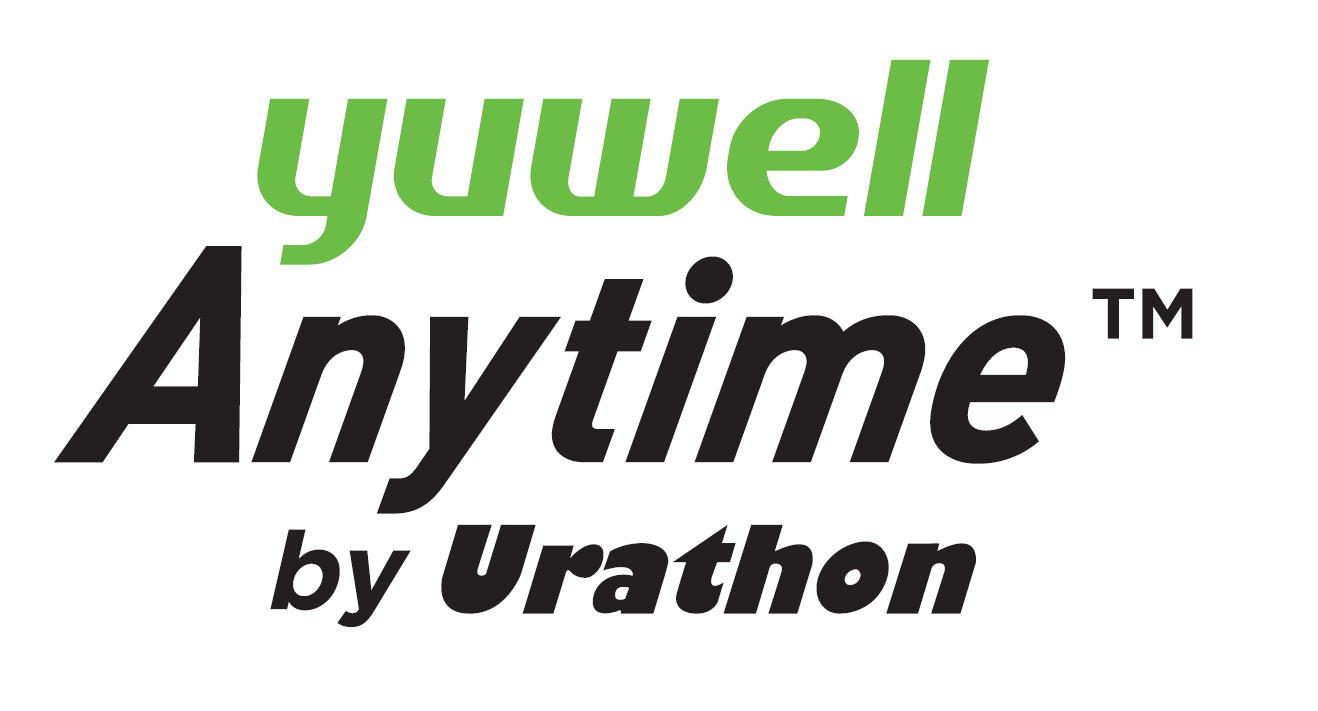
-
This session will spend discuss pre school wheeze in detail (covering episodic viral wheeze / multiple trigger wheeze and the challenges of making an asthma diagnosis) along with appropriate investigations and options in treatment. The session will also provide some tips and clinical pointers when managing children in the community or thinking about hospital admission when managing acute respiratory infections.
Sponsored by: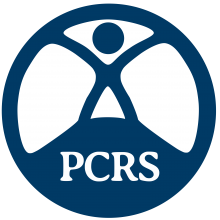
-
This session will cover the practical application of the new British Asthma Guidelines - tips on how to make the diagnosis, new guidance on how to manage people with asthma - and guidance on how to manage those who are already on treatment that doesn’t fit with the new guidance, and manage those where the diagnosis appears uncertain (on or off treatment). Practical and designed for those active in clinical practice.
Sponsored by:
-
Having the decision of whether and when to have children is fundamental to the physical, psychological and social wellbeing of women. Numerous studies have shown that the number of unintended pregnancies can decrease when there is an increased use of contraception. Women want the ability to choose when and whether they want to become pregnant; they deserve to make an informed choice that is right for them. Providing equitable access to contraception, however, is a major challenge and now an important priority, in terms of service provision.Sponsored by:

-
1/ Identify common causes of unscheduled bleeding in women using HRT. 2/ Apply evidence based guidelines to assess and manage bleeding on HRT. 3/ Differentiate between normal adjustment bleeding and bleeding that needs further investigation.Sponsored by:

-
Menopause Landscape & Guidelines:
- Overview of current treatment guidelines
- Recent updates to these guidelines
Gedeon Richter hormone replacement therapy (HRT) Products & Case Study:
- Introduction to Gedeon Richter’s HRT Products
- HRT product case study
By the end of this presentation, participants will be able to:
- Summarise current treatment guidelines for menopause management.
- Identify recent updates and changes to menopause treatment guidelines.
- Describe Gedeon Richter’s HRT product portfolio.
- Apply knowledge of HRT products through analysis of a case study.
Sponsored by: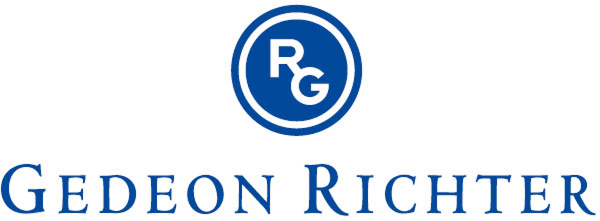
-
A look at the evidence of efficacy of probiotics in infant colic.Sponsored by:
 Speakers
Speakers -
A practical engaging session on the period of adolescence and how to use a biopsychosocial and trauma informed approach to assess young people 11-25 years old presenting in general practice.
-
In this session we will cover the impact of anxiety disorders on children and young people, and consider how best to support them in a primary care setting.
-
A guide to managing respiratory infection in primary care.Sponsored by:

-
Latest updates in the management of COPD.Sponsored by:

-
Gain an understanding of how to manage PCOS in primary care. Appreciate need for personalised management of short and long-term health risks.Sponsored by:

-
Empowering practice managers to drive transformation in primary care.Sponsored by:

-
This session explores strategies to improve primary care efficiency by optimising recruitment, implementing a skills matrix, and enhancing receptionist-led triage. Attendees will learn the importance of purposeful staffing, clearly defined roles, and attracting the right talent. By the end of the session, participants will: Understand how to implement a skills matrix to delegate tasks effectively, such as medication reviews and chronic disease management. Gain insights into optimising workforce planning to improve practice efficiency and patient care. Learn how to train receptionists in effective triage to prioritise patients based on urgency, improving care navigation. Develop strategies for recruiting and retaining the right team members to enhance service delivery. This session provides practical solutions to streamline primary care operations, ensuring a more effective and patient-centred approach to service provision.
-
Sponsored by:

-
A practical and engaging session for IPC leads, primary care staff and managers with a responsibility for all things IPC. Providing an overview and insight into how IPC leads and managers work together to support the IPC requirements and remain complaint. Explore the elements of the IPC role and your duties in relation to implementing processes, conducting audits and producing the annual report for your practice. At the end of the session, you will be more confident about what you need to know to ensure compliance and be ready for your CQC inspection.Sponsored by:

-
- Methods to streamline the management of abnormal bloods
- Protocol development
- Setting up sms and patient messaging infrastructure
- Training up HCPs to carry out management of abnormal bloods
- Automation methods
- Cost saving vs patient continuity approach
- How to meet changing demands of patients
- How to map out inefficiencies and resolve them
- How to maximise resources within primary care
-
Sharing strategies for improving communication with patients, gaining feedback and improving health access.Sponsored by:

-
This presentation will look at recognsing normal skin lesions, and the early detection of skin cancer in primary care. Skin assessment and history is key, with detection of signs and symptoms which may suggest malignancy, and referral pathways via the NHS Faster Diagnosis Standard (formally NICE 2-week wait). The session will include an introduction to dermoscopy, a diagnostic tool which is very helpful for examining skin lesions and recognising morphology of normal skin lesions and skin cancer. All HCPs should be able to assess skin lesions, know the signs and symptoms of skin cancer, and when to refer. Learning outcomes Improve skills in clinical assessment of skin lesions Understand more about the recognition of normal and skin lesions of concern Be introduced to dermoscopy, as a helpful examination toolSponsored by:

-
This session will outline the work the NMC is currently undertaking to introduce additional regulatory approaches for advanced level nursing practice. This will include an update on the recent Council approval of Principles for Advanced Practice as well as work to come. The focus will be in the implications for Primary Care.Sponsored by:

-
Overview of current treatment options for oral immunotherapy covering the positive and negative sides of this option for children with food allergy. Will also cover setting up and running a service.Sponsored by:
-CMYK-300dpi.jpg)
-
This talk will explore the relationship between respiratory health and cardiovascular disease.Sponsored by:
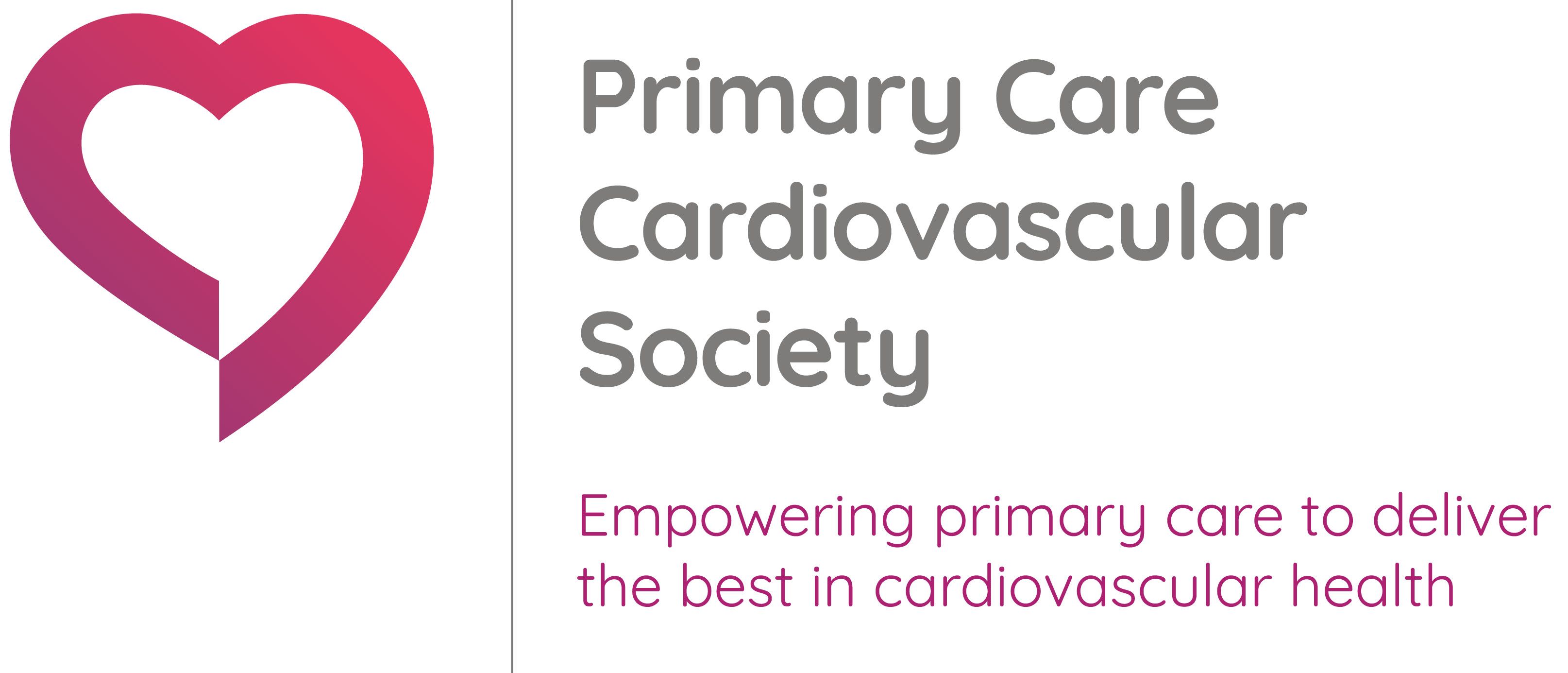 Speakers
Speakers -
A practical and engaging session delivered by primary care managers who have a significant amount of real-life hands-on experience in NHS Pension administration. The session is suitable for new and experienced NHS pension scheme administrators and will provide an update on scheme requirements and how to use the scheme as a tool to recruit and retain staff for new joiners and those who can benefit from flexible retirement. The session will support compliance and should leave you feeling more confident and informed about the requirements of the role of NHS pension administrator.
Sponsored by:
-
This will cover practical management of pregnancy during pregnancy and associated symptoms of breathlessness and their management. It will cover management of respiratory infection and value of immunisations in the group of people and also highlight the importance of Very Brief Advise to support smoking cessation.Sponsored by:

-
A look at the difference between supervision, clinical supervision and safeguarding supervision and how it should be facilitated in primary care.Sponsored by:
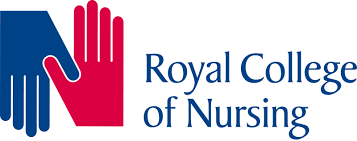
-
It can often be tempting to treat patients' 'numbers' and confuse this with treating patient outcomes. In this talk we will cover how our behaviours impact our metabolism and how to help patients to achieve optimum cardiometabolic health with evidence-based lifestyle change.Sponsored by:

-
Acne affects 20% of the global population, with 16 -24 year old having the highest incidence – it is the most common skin disease. Acne is a distressing condition and associated with a high psycho-social burden. The NICE (2021) acne management guidelines give a clear pathway for managing all severities of acne. Primary care practitioners can manage mild to moderate acne and help prevent scarring. This presentation will equip delegates in the primary care management of acne: patient information, skin care, topical and systemic treatments. Learning outcomes for this session are: • Improve assessment skills in accurate diagnosis of the severity of acne • Be updated on evidence-based acne guidelines for management in primary care • Increase clinical confidence in tailored treatment plans and choices.Sponsored by:

-
Session Learning Outcomes:
- Understand some of the risks of pregnancy in patients with rheumatic diseases
- Learn how to find reliable information on safe prescribing in pregnancy
- Consider how to balance the risks of taking medications during pregnancy against the risks of stopping medications in pregnancy
Sponsored by:
-
Understand the link between Gestational Diabetes Mellitus (GDM) and Type 2 Diabetes (T2DM), Recognise high-risk individuals post-GDM; Apply evidence-based strategies to reduce T2DM risk; Promote patient engagement and self-management.Sponsored by:

-
This session will outline the work the NMC is currently undertaking to introduce additional regulatory approaches for advanced level midwifery practice. This will include an update on the recent Council approval of Principles for Advanced Practice as well as work to come. The focus will be in the implications for Primary Care.Sponsored by:

-
Sponsored by:

-
A session focusing on how to support patients with arthritis to self-manage, taking into consideration the benefits of physical activity, diet, sleep and work.Sponsored by:

-
The best maternity care relies on team work with members of the MDT coming together to support the woman and family. In this talk I will explore the role of primary care in supporting new parents through preconception, pregnancy, birth and beyond.Sponsored by:
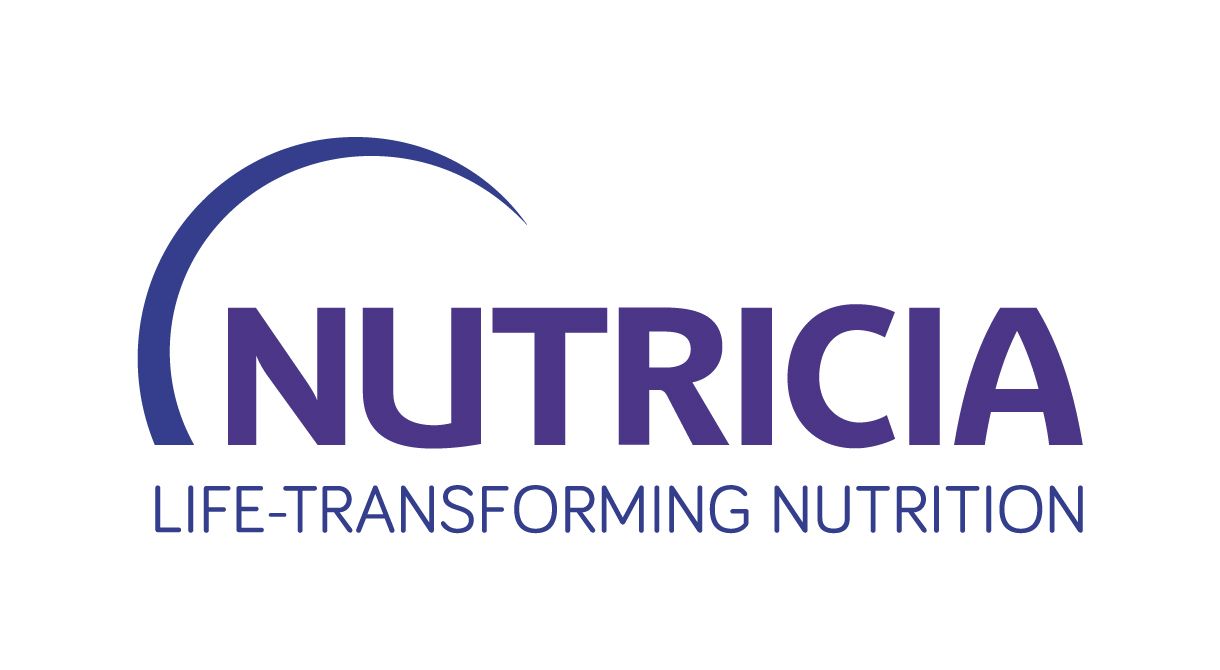
-
Improving breastfeeding outcomes for women and children in the primary care setting in a time restricted service.Sponsored by:

-
Sponsored by:
-CMYK-300dpi.jpg)
-
Chronic Widespread Pain / Fibromyalgia has a UK prevalence of 1 in 20 of the general population. It is difficult to treat and a frustrating condition for both clinicians and patients. There is a trend for this to be solely managed within Primary Care despite apparent uncertainties about diagnosing and managing this condition. Chris will discuss options both from the latest guidance, but also from his experience.Sponsored by:

-
A summary of the evidence and expert consensus on the role of exercise for osteoporosis and bone health. The session aims to increase understanding about safe and effective exercise interventions to promote bone strength and reduce fracture risk. This will include advice about moving and lifting safely to reduce risk of fracture and how exercise can help with pain and posture problems as a result of vertebral fractures. Delegates will feel more skilled to assess and advise their clients and patients, reducing fears and encouraging a positive, practical and confident approach.Sponsored by:

-
Sponsored by:
 Speakers
Speakers -
Sponsored by:

-
How foot complications associated with diabetes might present differently in dark versus light skin tones Cultural considerations that might be relevant to preventing diabetes-related foot complications How to use the skin tone tool effectively in diagnosing and treating diabetes related foot complications How to use and put into practice the guidance covered in Diabetes Africa's handbook.
-
A look at approaches to appropriately treating and recognising diabetic foot infections.
-
This presentation aims to illuminate the factors that can engage patients in their care for Tibialis Posterior problems. We'll spotlight ultrasound imaging and orthotic control while considering systemic implications to treatment outcomes. This will offer insights into recognising potential hurdles to establish realistic expectations, optimising treatment outcomes.Sponsored by:

-
A session focusing on the diagnosis and management of hand OA, including symptoms, diagnosis and management.
Session Learning Outcomes:
- To recognise clinical features of Osteoarthritis of the hand
- To identify investigations which aid in diagnosis
- To recount options for and limitations to pharmacological management of Osteoarthritis of the hand
- To be able to describe how Osteoarthritis of the hand impacts on daily life including work
- To be confident in accessing educational resources which are available to help people understand and manage their symptoms
- To be aware of non-pharmacological treatment of Osteoarthritis of the hand.
Sponsored by:
-
Lyme disease, transmitted via the bite of a tick, can often present as a musculoskeletal issue with joint and muscle pain, nerve pain, fatigue, weakness, pins and needles and numbness. It can also have many overlapping clinical symptoms with inflammatory arthritis, connective tissue disease, fibromyalgia and chronic fatigue syndrome. These later stage symptoms of Lyme disease can occur weeks, months or years after the initial infection, when the disease has become systemic and more complex. Physiotherapists have a key role to play in recognising these signs and symptoms within their patients. This session will discuss when to suspect Lyme disease, the relevant clinical questions to ask and what to do next. A case study will illustrate this learning. Learning outcomes: At the end of the session participants will: - Understand how Lyme disease is transmitted to humans - Recognise the multi-systemic signs and symptoms of Lyme disease - Understand the challenges in differentiating Lyme disease from other MSK conditions and masqueraders. - Recognise the key role that physiotherapists can play in identifying this complex disease.- Know how to access and use up-to-date guidelines on the diagnosis and treatment of Lyme disease - Have an awareness of the recognised scientific uncertainties and the need for further research.
-
MSK screening in the diabetic foot is vital in ulceration prevention and healing. This presentation will explore its importance by detailing the development of the offloading pathway that is compliant with both NICE NG19 and IWGDF guidelines. Attendees will learn about MSK changes in the diabetic foot. Audit outcomes of ulceration prevention, ulceration healing times and re-ulceration rates will be evaluated. Subsequent pathway improvements, including the development of the reablement programme, and re-audit will also be discussed.
-
-
Unlocking clinician competence and confidence.
-
What sort of blood tests to request and how to interpret the results.Sponsored by:

)
)